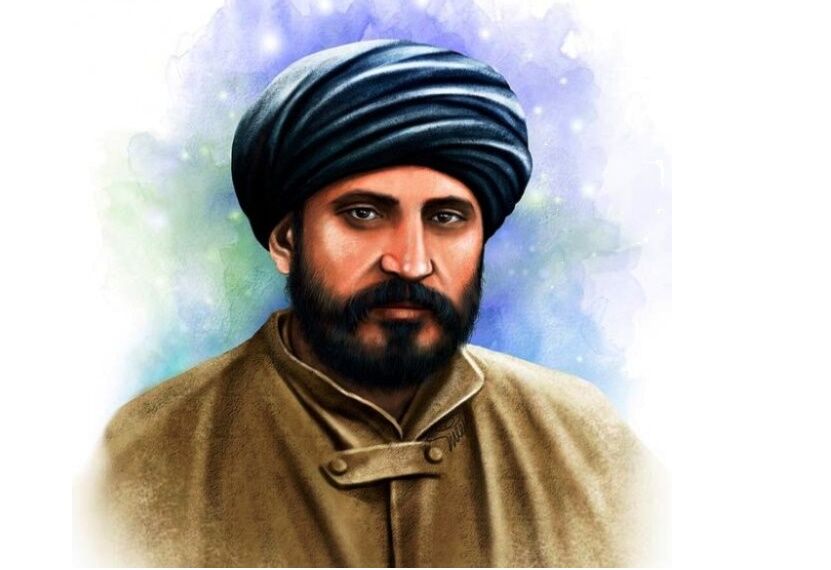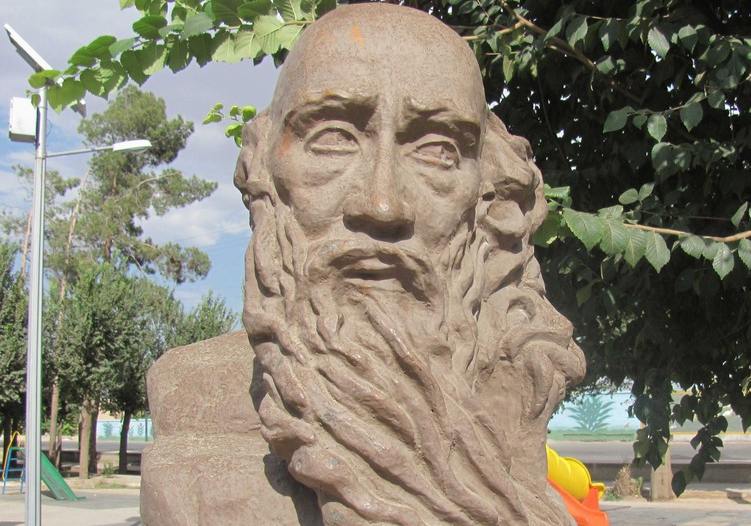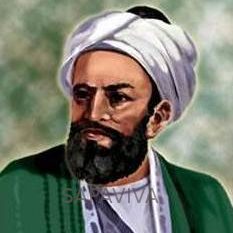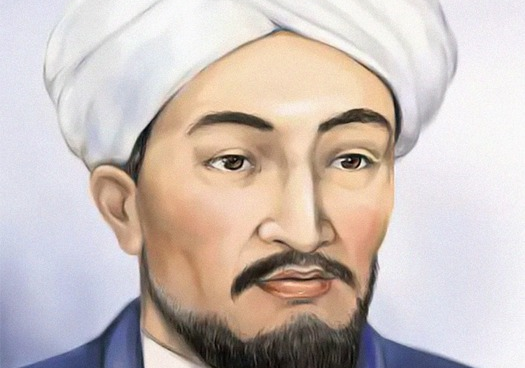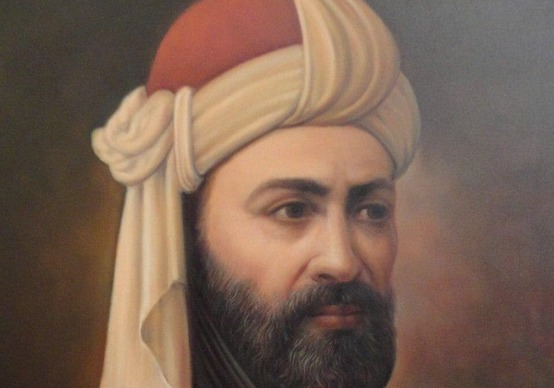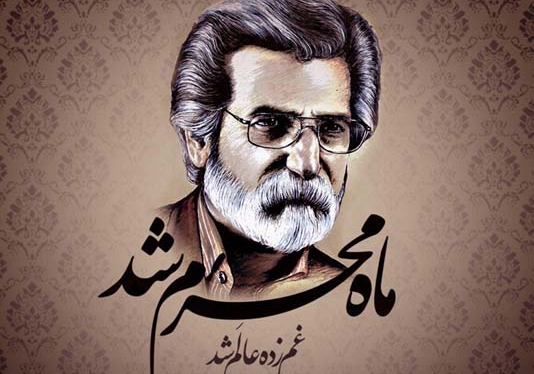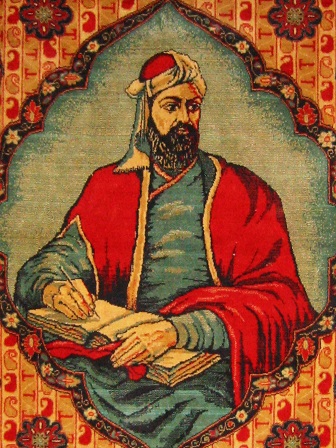
Abul-Fadhl Bayhaqi: The Father of Persian Prose
Abul-Fadhl Bayhaqi was born in the village of Harethabad in Bayhaq (currently known as Sabzevar), Khorasan province, Iran. His father facilitated his move to Neyshabur to study in the major cultural center of the city. He later on moved to Ghazni when he was still a young man. Bayhaghi’s special authorship skills persuaded Abu Nasr Mushkan (a minister during the reigns of both Mahmud of Ghazni and his son, Mas’ud) to bring him to Ghazni to work as a secretary and a writer. He was known to be a trustworthy person, and had an exquisite handwriting. Bayhaghi gradually became Abu Nasr’s confidant, and got the chance to receive information pertaining to the Empire. At the same time, he had begun writing the book Tarikh-e Bayhaqi.
Tarikh-e Bayhaqi
Tarikh-e Bayhaqi is indeed one of the greatest works in the history of Persian literature, and among the few surviving Farsi books of the pre-Mongol era. Despite its old style of writing, the book continues to attract readers. Bayhaqi started writing it in 1056. It has 30 volumes, and talks about the events during the 42 years of the Ghaznavid rule. The first four volumes contain the same content as the one in Tarikh-e Montazam-e Naseri and Tarikh-e Yamini. Volume 5 - some of earlier pages of which have been destroyed - to volume 10 of the book are still available as well as the rest of the volumes basically discuss the events in the year 1059. There are a number of factors that make Tarikh-e Bayhaqi unique. The named book is a history book, and commits to the principles of historiography, including accuracy and sincerity in recording historical events. In addition, the author reveals the historical details in an artistic manner, reflects a multidimensional perspective towards those events. The original name of Tarikh-e Bayhaqi is “Tarikh-e Naseri”. It is also known as “Tarikh-e Ale Naser”, “Tarikh-e Ale Sabuktigin”, “Jame’ al-Tawarikh” and “Jame’ fi Tarikh Sabuktigin”. Some scholars call it “Tarikh-e Mas’udi” because the remaining volumes of the book are dedicated to the events that happened during Mas’ud of Ghazni’s reign.
Father of Persian Prose
Unlike what was quite common, Bayhaqi refused to bow down to the kings, warned them about their shortcomings and recorded the history without fear. He had sharp eyes for historical events, analyzed them scientifically, and did not shy away from criticizing the rulers. Historians unanimously argue that the social, and at times the geographical analysis of the historical events in Tarikh-e Bayhaqi indicate that Bayhaqi was more than just a historian.
The book is filled with illuminating quotes, enlightening stories, meaningful advices and wise recommendations. Because of the use of literary techniques and rhetoric and its rhythmic prose, it is not only a source for history of literature, but also a good source of classic Persian literature. The mentioned traits convinced the literary community to call Abul-Fadhl Bayhaqi “the father of Persian prose”. His style of prose was highly influenced by his master, Abu Nasr Mushkan. Some of the notable characteristics of Bayhaqi’s prose are: 1) Reintroduction of screed, contrary to the essayistic style of the time, without compromising on fluency and accuracy 2) Artistic expression of details, in a way that keeps the reader interested about the events, and eager to continue reading 3) Use of quotations and allegory 4) Exemplary grammatical structure, and 5) Use of common Persian proverbs of the time.
Bayhaqi narrated historical events and individuals’ reactions like a story-teller, which have mad Tarikh-e Bayhaqi emerge as an interesting book of history to the readers.
Demise
According to Abul Hassan Bayhaqi, Abul-Fadhl Bayhaqi passed away in 1077 at the age of 85. He lived for 19 more years after he finished Tarikh-e Bayhaqi, and kept updating the book with new content throughout the last 19 years of his life.
24th day of February in the Iranian national calendar has been named after Bayhaqi.
| Name | Abul-Fadhl Bayhaqi: The Father of Persian Prose |
| Country | Iran |
| Nickname | Bayhaqi |
| Production Time | Born: September 1, 994 AD, Sabzevar Died: 1066 (age 72 years), Neyshabur |
| Works | Tarikh-e Bayhaqi |
| Type | Academic |

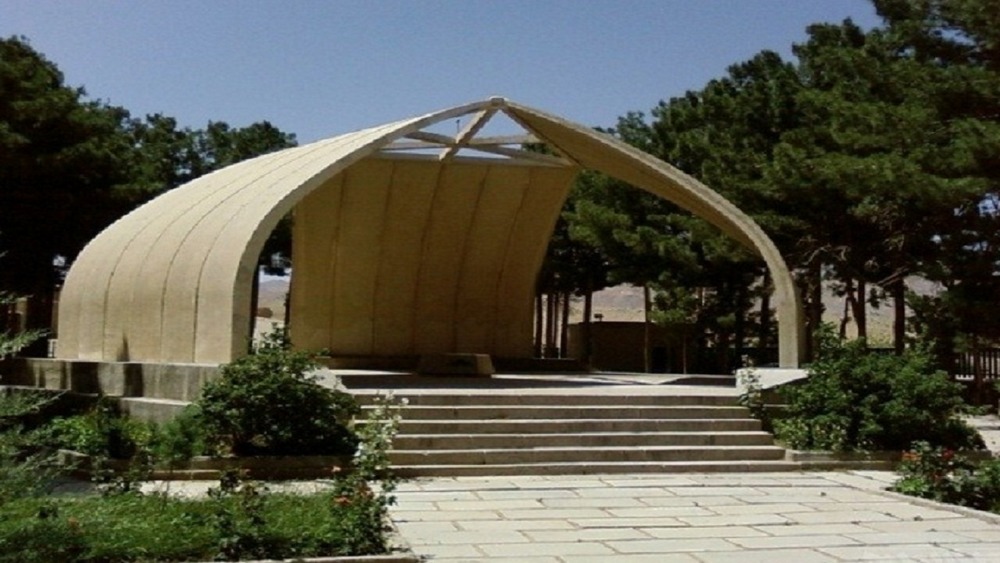
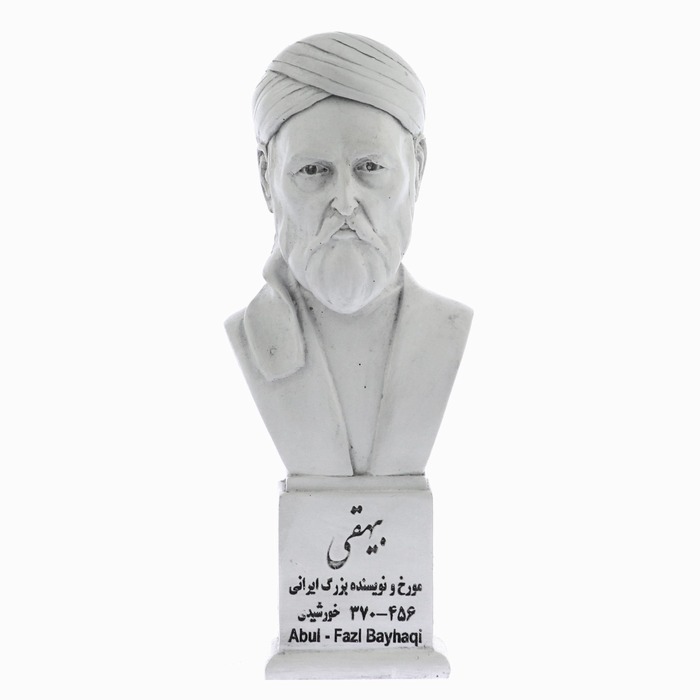



Choose blindless
Red blindless Green blindless Blue blindless Red hard to see Green hard to see Blue hard to see Monochrome Special MonochromeFont size change:
Change word spacing:
Change line height:
Change mouse type:

